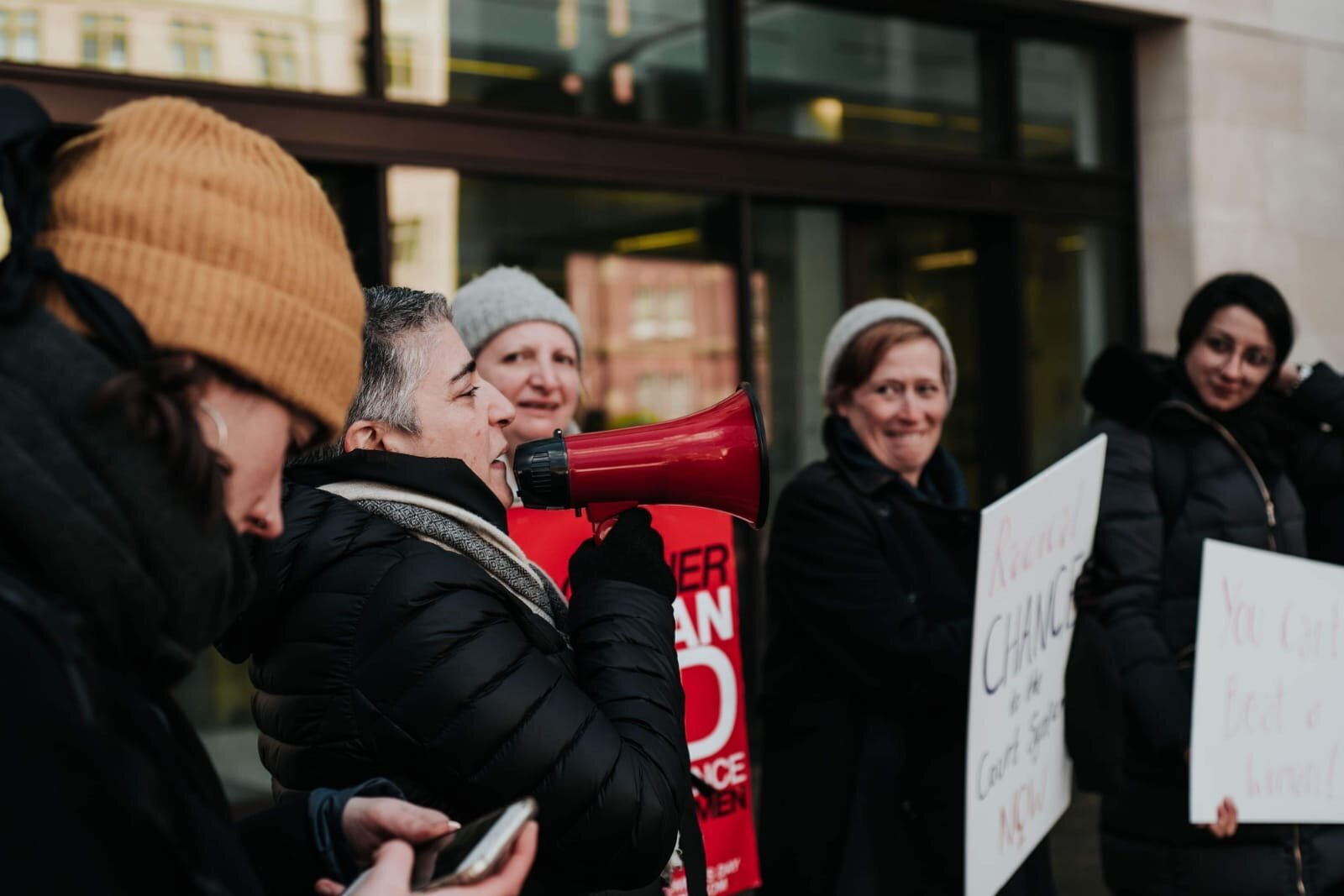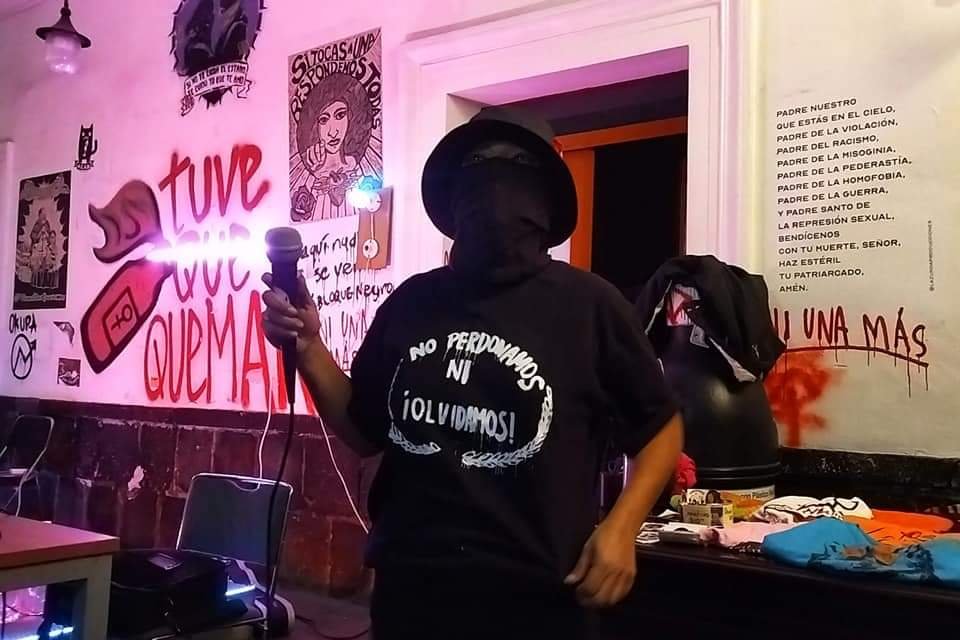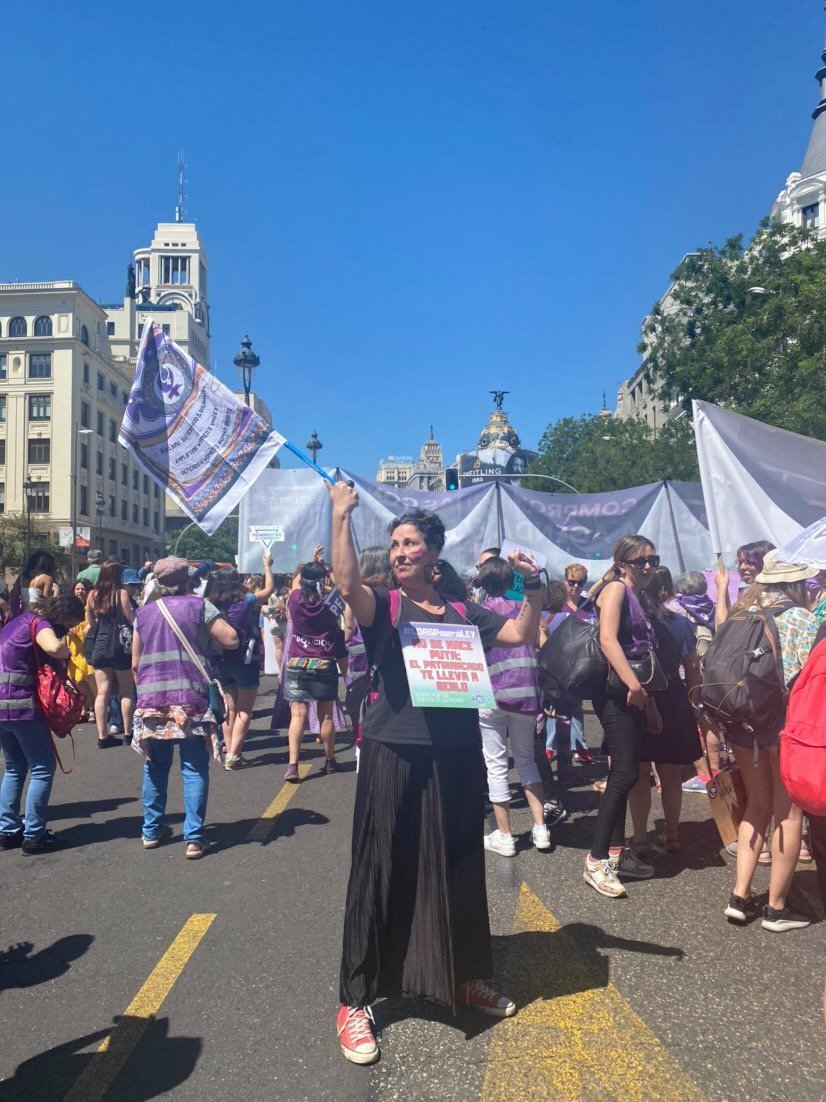Then once they've grown into women, the medical model dismisses women as exaggerating pain ‒ simply walking hysterical hormone sacks fainting at the slightest breeze.
Maybe they grow up and find someone to love and support them? But abuse and exploitation of disabled women figures show they are more vulnerable and have fewer services available for them. There are less shelters; they are less able to just quickly jump on a free train and escape and risk losing the services and medication they need.































